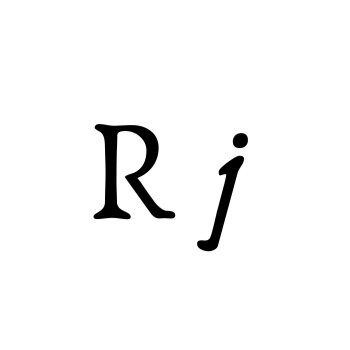Editor’s Note | Issue 6
What holds something together, if anything? When the mind or body becomes undone, self-expression is a means to hold together and make sense of this unraveling. The narratives in Issue 6 circle around various psychological and physical chronic illnesses and a sincere effort at making sense of past, present, and future. There are moments of nostalgia for what was or could have been and reckoning with what is.
Muriel Zeller writes about her experience living with Dissociative Identity Disorder and receiving ECT therapy. In her poem “A Course of Electro-Convulsive Therapy,” she writes, “because it was, ultimately, her job to try and survive any way she could, even if it meant losing part of life.” She shares her willingness to risk loss in the hope to make gain. In Issue 6, you’ll find adults attempting to make sense of their inner world while bearing the burden of traumatic upbringings that caused psychic fragmentation. And amidst this fragmentation, a fierce effort at reconstruction. These narratives talk just as much about what is present as they do about what has been lost and what is missing. They capture the pain of suffering as well as the pain of watching someone you love suffer.
In Katrina Holden-Buckley’s detailed narrative about her experience with over a decade of painful and mysterious symptoms, she refers to her pain as a “companion”—an unwelcome one, but a force she is forced to adopt nonetheless. Her essay, “Have You Tried Advil?; A Chronic Mystery Solved,” highlights a central conflict all chronic illness warriors wrestle with—where do I have control and where do I have none? Nobody chooses chronic or disabling symptoms, but everyone does have influence when it comes to recovery or the management of symptoms. Finally, Katrina Holden-Buckley is diagnosed with Ehlers-Danlos Syndrome (EDS), a rare genetic connective tissue disorder that I coincidentally also have. It takes the average woman 12 years to get diagnosed with EDS; Katrina Holden-Buckley brings us on her 12 year journey of seemingly unrelated full-body symptoms that left most doctors perplexed. Hers is not the only narrative in this issue that touches on the quest for adequate medical care despite experience with medical neglect and negligence.
In “Active Incidents on Planet Entertainment: On Mass Shootings & Mental Illness,” Marissa Flores wrestles with her identity as a psychiatric patient and the media’s reactions and assumptions relating to mass shooters. She ends her essay with, “I am a psychiatric patient in the United States, and I will not kill you.” Amongst the suffering, desperation, and attempts at sense-making in Issue 6, there are also moments of hope—hope for what is possible when we can reclaim our own narrative and agency and the possibility for healing when we love and are loved.
Art extends an invitation to enter into someone else’s world. Through understanding another—and how their experience is fundamentally different from our own—compassion and comradery can be forged. Consider this your invitation—welcome to Issue 6.
Sincerely,
Natasha Wein
